The UK is leading NATO’s Anti-Submarine Warfare (ASW) Smart Defence Initiative, focusing on the rapid exploitation of maritime uncrewed systems to strengthen undersea surveillance and defence.
Responding to a written parliamentary question from Conservative MP James Cartlidge, Defence Minister Luke Pollard stated:
“The Smart Defence Initiative is one part of our portfolio of work to maintain operational advantage in the underwater domain. Subject to Strategic Defence Review outcomes, it will be deployed alongside other fixed and crewed systems and will be complemented by advanced technologies such as Artificial Intelligence and autonomy.”
As part of this effort, the UK is spearheading NATO’s Allied Underwater Battlespace Mission Network, engaging with industry partners to accelerate the adoption of new technology. According to Pollard, “Industry engagement is already underway and closes at the end of the month.”
Project CABOT and the Digitalisation of the North Atlantic
In parallel to NATO’s initiative, the UK Ministry of Defence (MOD) is advancing Project CABOT, a programme designed to create a deployable and persistent wide-area ASW search capability. The project will integrate autonomous surface and subsurface platforms, including the Type 92 Sloop, an uncrewed surface vessel, and the Type 93 Chariot, a drone submarine.
Imagery associated with the programme suggests a strategic focus on the Greenland-Iceland-UK (GIUK) gap, a critical maritime chokepoint for detecting and tracking submarine activity. The MOD has stated that:
“Project CABOT is the plan to deliver remotely operated and autonomous ASW capabilities, allowing the UK to pivot to a vision of ‘Digitalisation of the North Atlantic’.”
The initiative builds on Project CHARYBDIS, previously overseen by the Submarine Delivery Agency (SDA) as part of the MOD’s ASW Spearhead programme. The MOD notes that CABOT has been made possible by recent “technological and digital breakthroughs achieved by the (UK) ‘NATO ASW Barrier’ Smart Defence Initiative.”
If fully implemented, Project CABOT will significantly bolster the Royal Navy’s ability to detect, track, and deter submarines across the North Atlantic, particularly in the GIUK gap, a historically vital area for monitoring naval movements.
By deploying drone ships and submarines alongside AI-driven sensor networks, the UK aims to enhance maritime surveillance, free up crewed warships for other missions, and strengthen NATO’s collective undersea warfare capabilities.


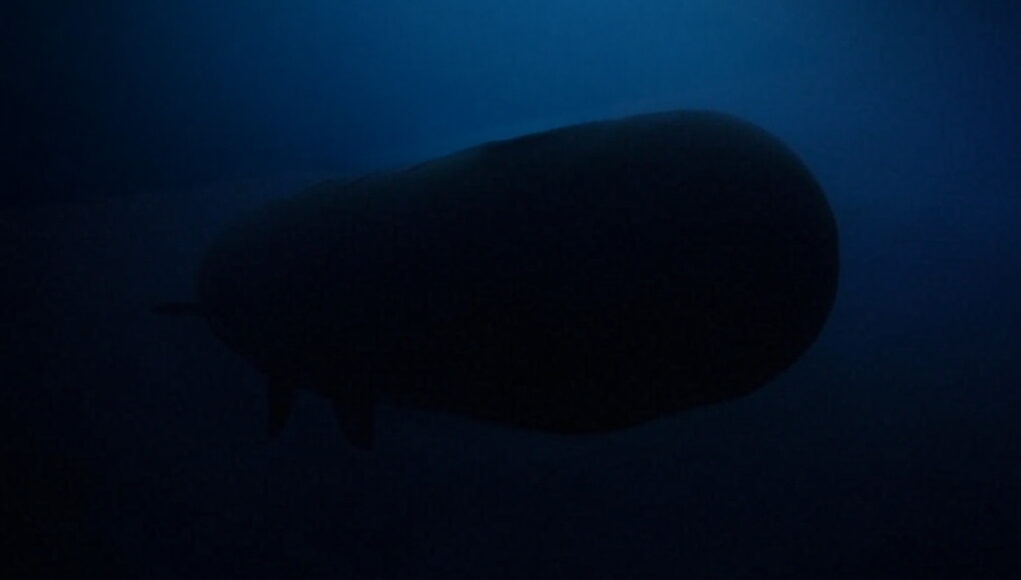


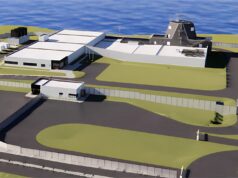

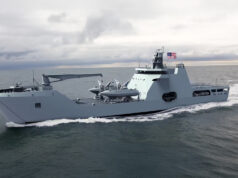
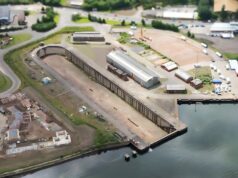
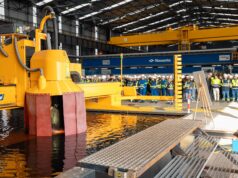


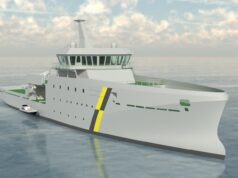

Start your dream career from the comfort of your home today! No experience or special skills needed—just a strong drive and willingness to learn. Get paid weekly or monthly, based on your preference, and enjoy the freedom to work on your own terms. Take the first step towards a brighter
future now!…… 𝐖𝐰𝐰.𝐖𝐨𝐫𝐤𝐬𝐩𝐫𝐨𝐟𝐢𝐭𝟏.𝐨𝐧𝐥𝐢𝐧𝐞/
I get paid over $220 per hour working from home with 2 kids at home. I never thought I would be able to do it but my best friend earns over $35,000 a month…..➤➤➤ CLICK ON PROFILE
Start your dream career from the comfort of your home today! No experience or special skills needed—just a strong drive and willingness to learn. Get paid weekly or monthly, based on your preference, and enjoy the freedom to work on your own terms. Take the first step towards a brighter
future now!…… 𝐖𝐰𝐰.𝐖𝐨𝐫𝐤𝐬𝐩𝐫𝐨𝐟𝐢𝐭𝟏.𝐨𝐧𝐥𝐢𝐧𝐞/